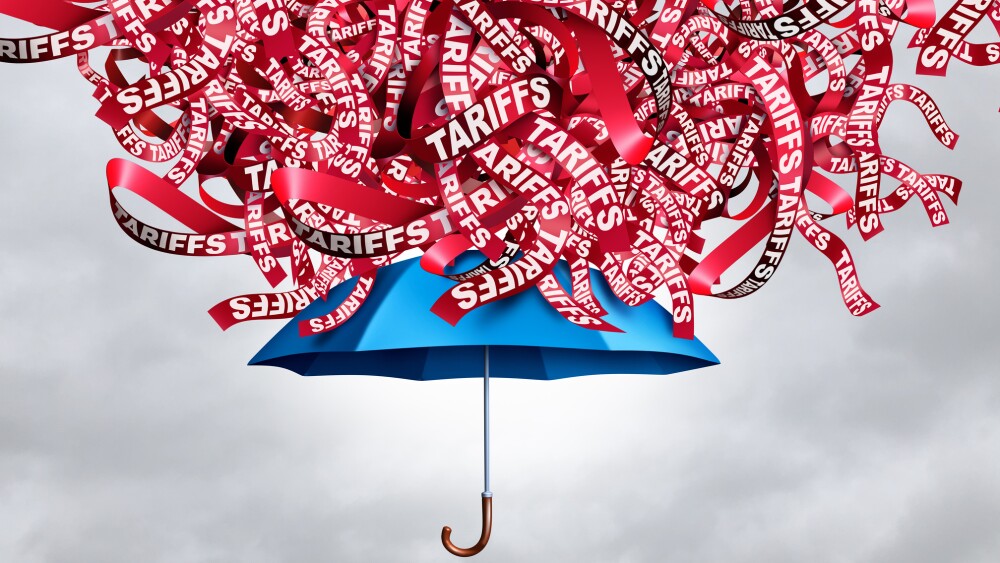The British proposal to increase support for pharma is “clearly positive,” according to analysts at Leerink, who noted that the NHS’ move will improve patient access to treatments.
The U.K.’s National Health Service is considering increasing its budget for pharmaceutical products, a move analysts say would lead to more drugs qualifying for government coverage.
In particular, the NHS is proposing raising by 25% the cost-effectiveness threshold implemented by the National Institute for Health and Care Excellence (NICE) threshold, according to a Thursday report by Politico, citing two industry sources. Such a move would help more expensive drugs attain coverage—and therefore reach a broader patient population—but would mean the NHS will shell out more money for these therapies overall.
Writing to investors on Thursday, analysts at Leerink Partners explained that if these changes are implemented, the “NHS would take on more costs by covering more drugs based on this QALY [quality-adjusted life years] framework, and patients would have greater access.”
“It is clearly positive news that the U.K. is considering raising prices paid for pharmaceuticals by 25%,” Leerink said in a separate note, pointing out that “several European countries include the UK in their external reference pricing mechanisms.” That is, the NHS’ proposed threshold increase could help drive government spending on pharmaceuticals across the region.
The proposed NHS spending changes come as President Donald Trump threatens the pharma industry with steep tariffs on drug imports. Under the trade agreement the U.K. and the U.S. signed in May, the U.K. could potentially receive “preferential treatment” in terms of tariff burden, according to Politico, but only if the U.K. “improved conditions” for American companies operating in the U.K.
Trump’s policies toward the pharma industry, including tariffs and Most Favored Nation drug pricing—which has the goal of lowering drug prices in the U.S.—could have the knock-on effect of increasing drug costs in other countries like the U.K., according to previous BioSpace reporting.
Certain parties, the pharma industry included, have long asked the U.K. government to raise the NICE threshold, according to Politico. Science Minister Patrick Vallance, for instance, has previously warned that Britain could see a pharma exodus unless it pays more for its drugs.
There are signs that the pharma exodus Vallance warned about has already begun as many of the biggest companies are rethinking their investments in the U.K.
Last month, Merck announced it was pulling the plug on a $1.3-billion R&D center in London, a decision that a spokesperson said “reflects the challenges of the U.K. not making meaningful progress towards addressing the lack of investment in the life science industry.” The move cost the U.K. 125 jobs. A few days later, AstraZeneca said it was also suspending a $271-million committment in the U.K., part of a March 2024 package designed to beef up its presence in Cambridge.






